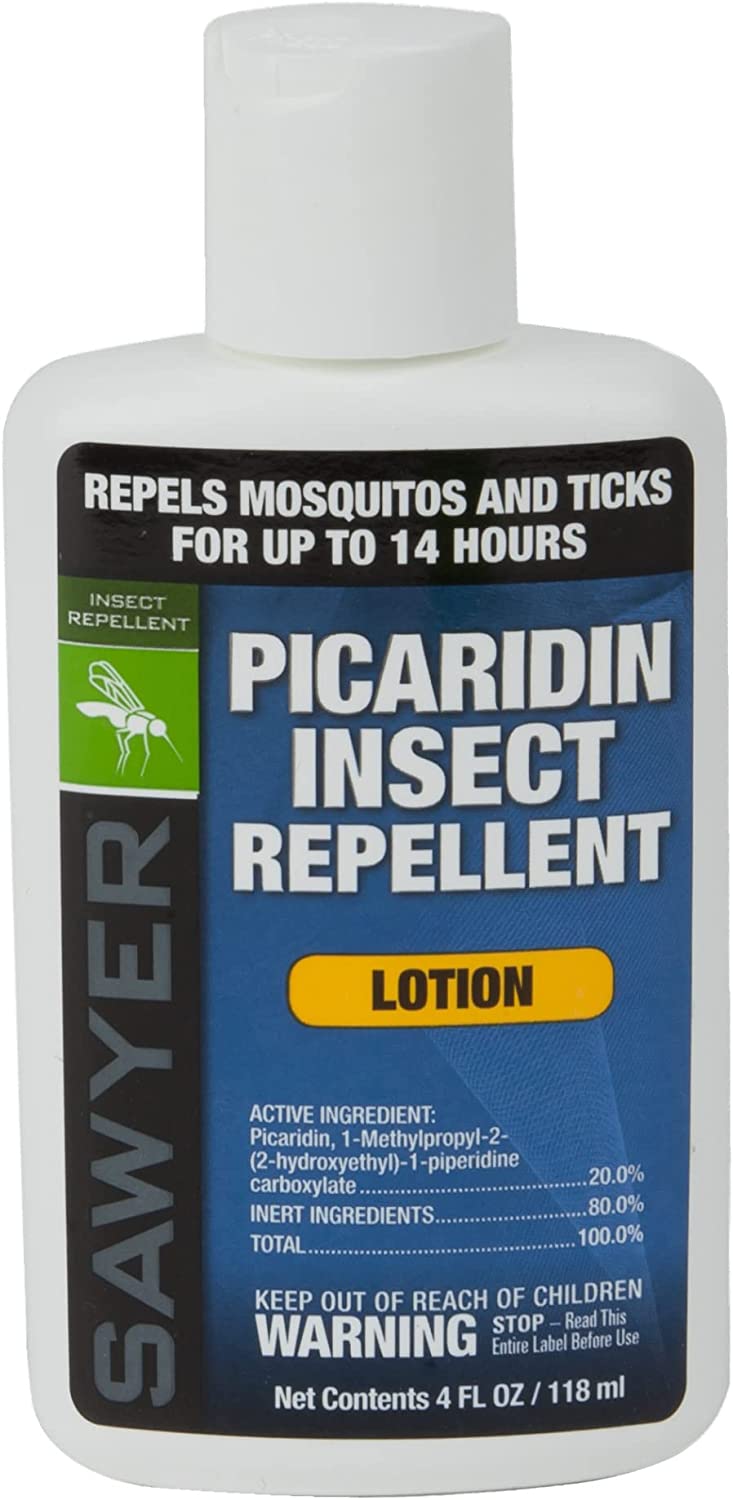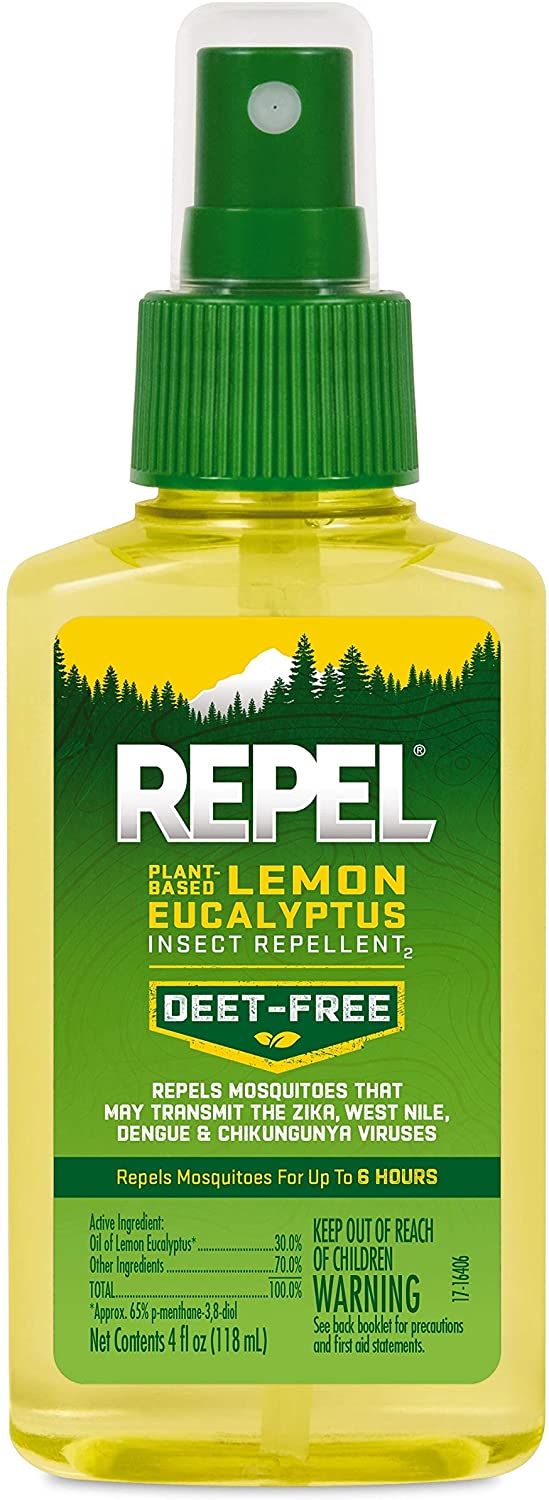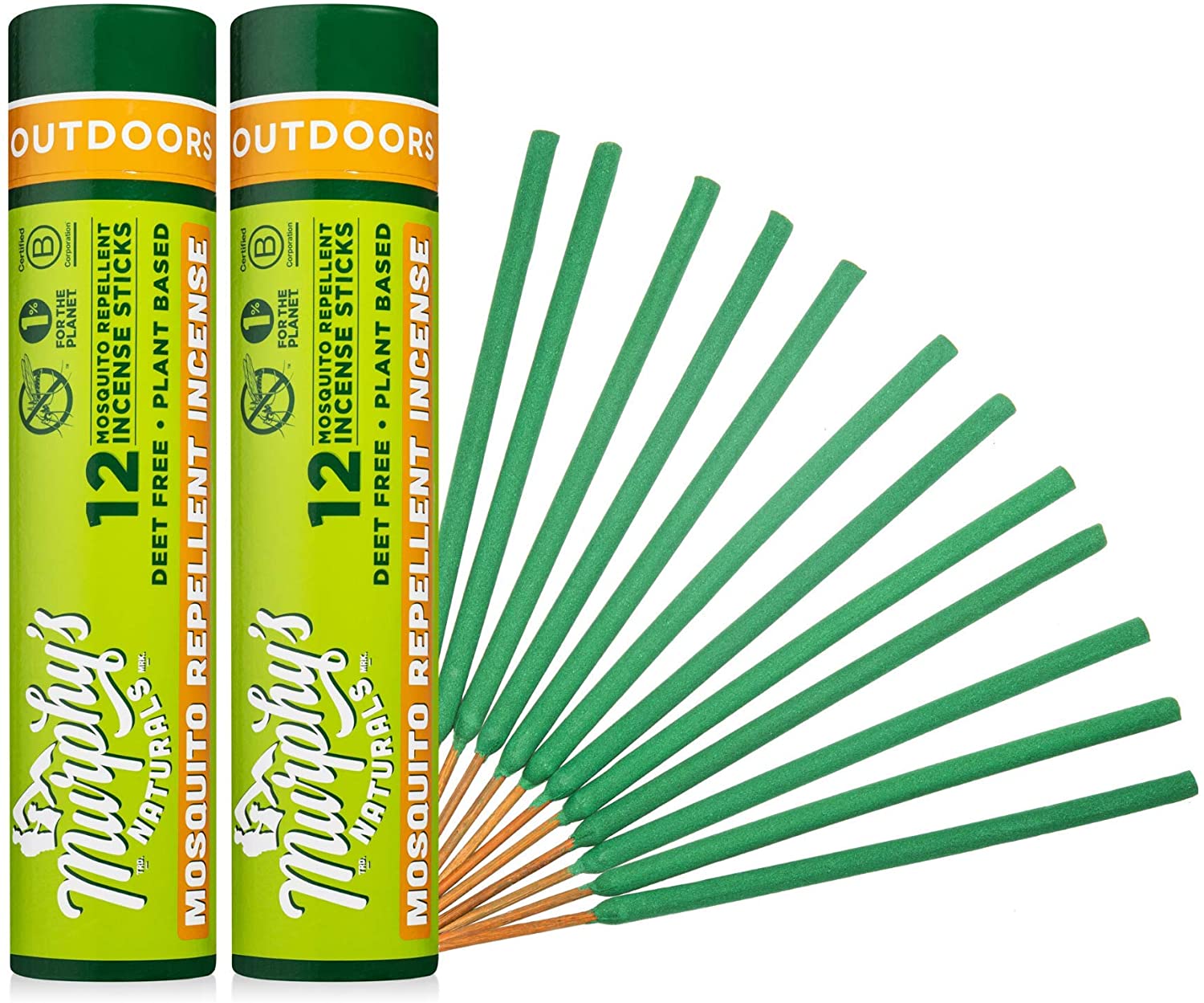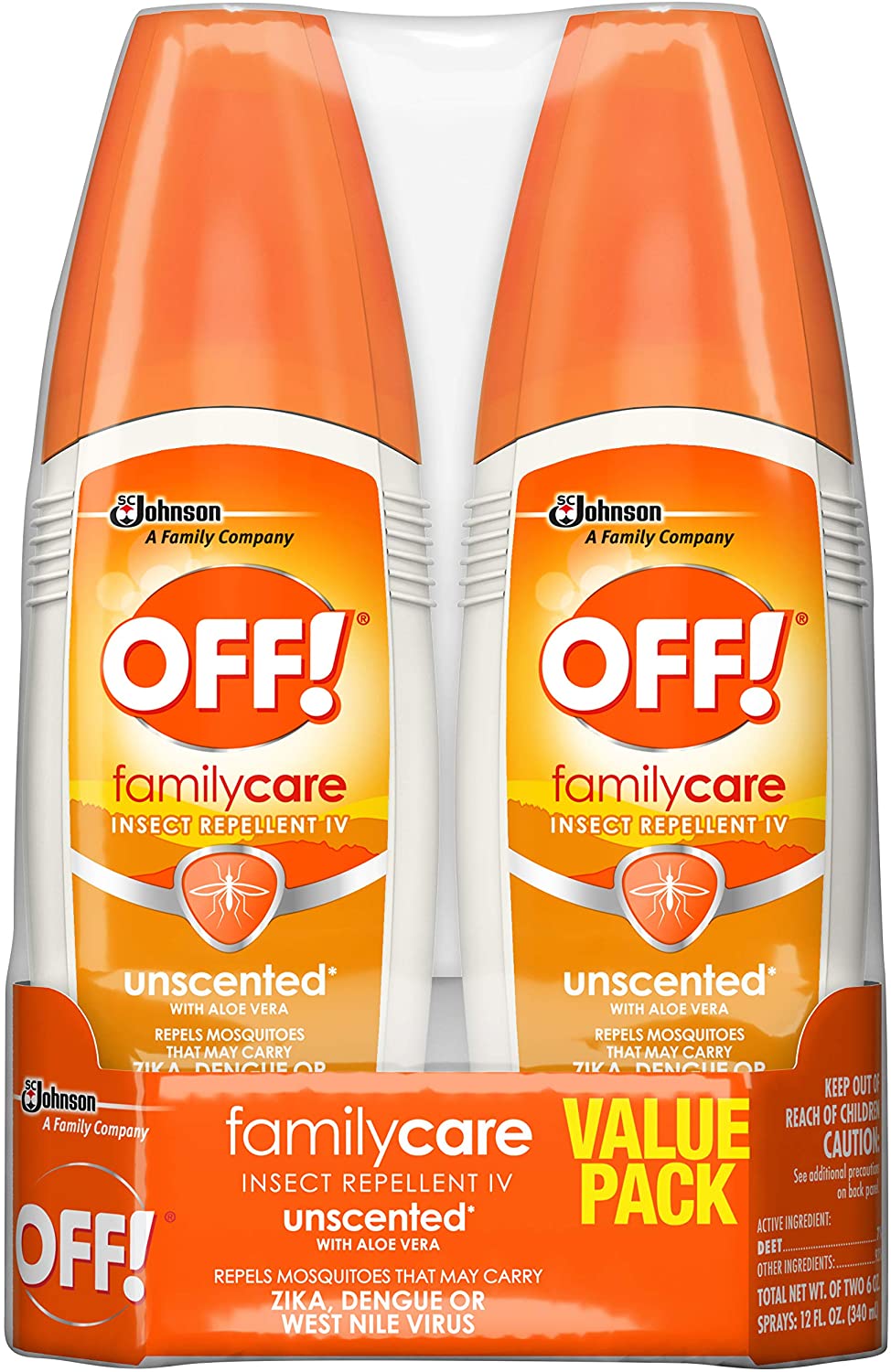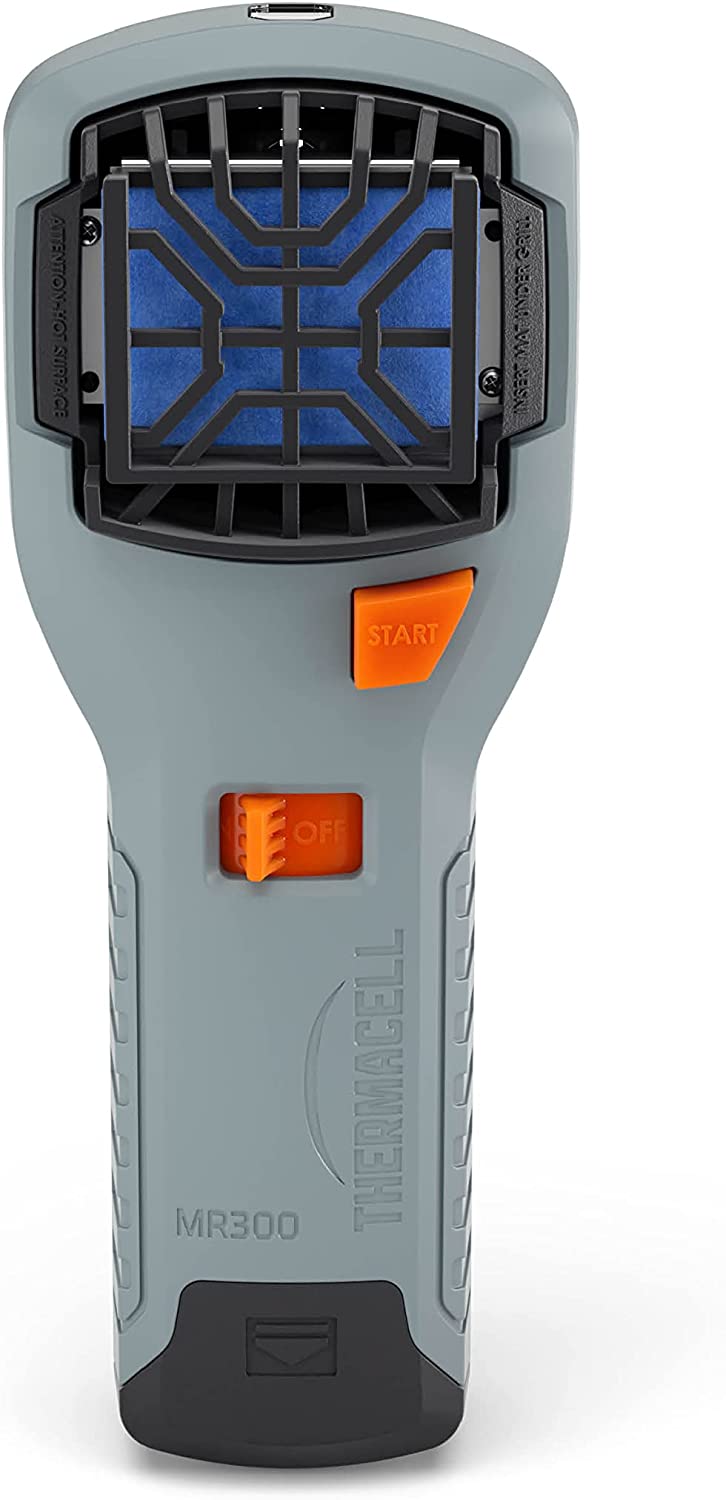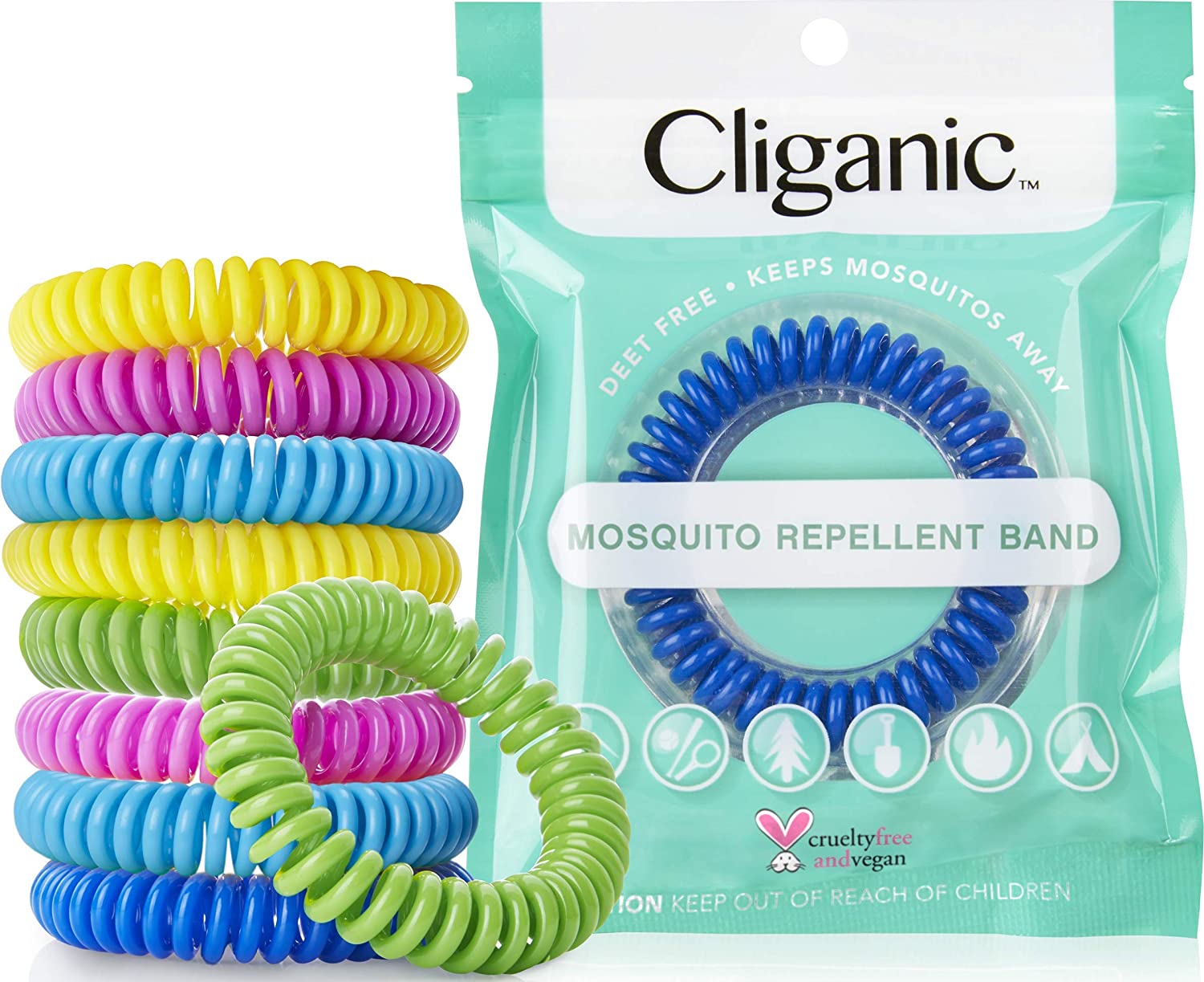Avon DEET-Free Mosquito Repellent & Sunscreen
Last updated: April 4, 2023
This mosquito repellent also offers SPF 30 sun protection. It's free of harmful ingredients, like DEET, and includes components that actually moisturize, such as aloe and vitamin E. Another attractive feature is the refreshing gentle breeze scent.
We looked at the top Mosquito Repellents and dug through the reviews from some of the most popular review sites. Through this analysis, we've determined the best Mosquito Repellent you should buy.
Product Details
Key Takeaway: Since this mosquito repellent is also water-resistant, it's perfect for beach days or afternoons at the community pool.
In our analysis of 12 expert reviews, the Avon DEET-Free Mosquito Repellent & Sunscreen placed 2nd when we looked at the top 7 products in the category. For the full ranking, see below.View our Mosquito Repellent buying guide for in-depth advice and recommendations.


